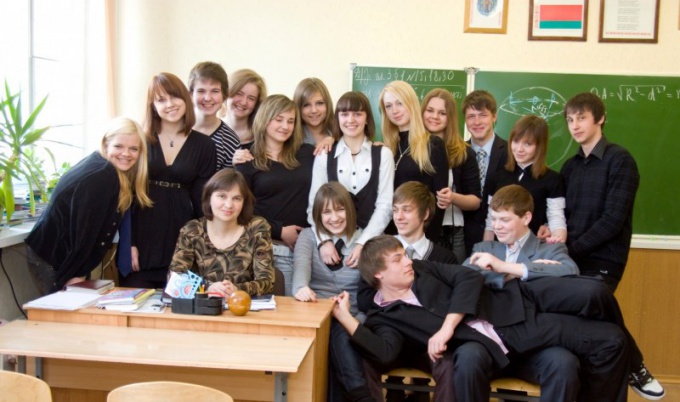Instruction
1
Children's team needs to be formed daily, this laborious and responsible work. And here the authority of teachers, especially for children of primary school age is extremely high.
2
Ask the school psychologist to conduct in your class test, for example, social metrics, in order to find out which small group exists in class, who's who of children's friends, to identify clear leaders hidden leaders and negative leaders of the student community.
3
Plan in the plan of educational work with students as much as possible activities aimed at uniting children. Let it be combines nature walks, creation and implementation of any socially significant for children project, development and implementation of collective creative deeds. Only joint activities of interest to children, it is possible to form a close-knit team.
4
During joint activities, organize games (you can learn about them from the school psychologist or social worker). Be sure to spend class hours on friendship, mutual assistance, collectivism. Use every opportunity to talk with children about the importance of these qualities in everyday life.
5
The lessons of practice group activities, and often change the composition of micro-group, so the boys studied closely with a variety of people.
6
Maintain a comfortable and favorable psychological climate in the class, extinguish emerging conflicts, but not authoritarian method. Listen to each child, try to understand and help him to understand his own feelings.
7
Avoid symptoms too visible and obvious love or dislike of individual students. Children are very well feel and will be thinking and talking about it. Respect each child, first of all, personality.
8
Work on team building should not be sporadic, it must be daily and systematic, only then you will be able to generate from children collected in one class, friendly staff.
